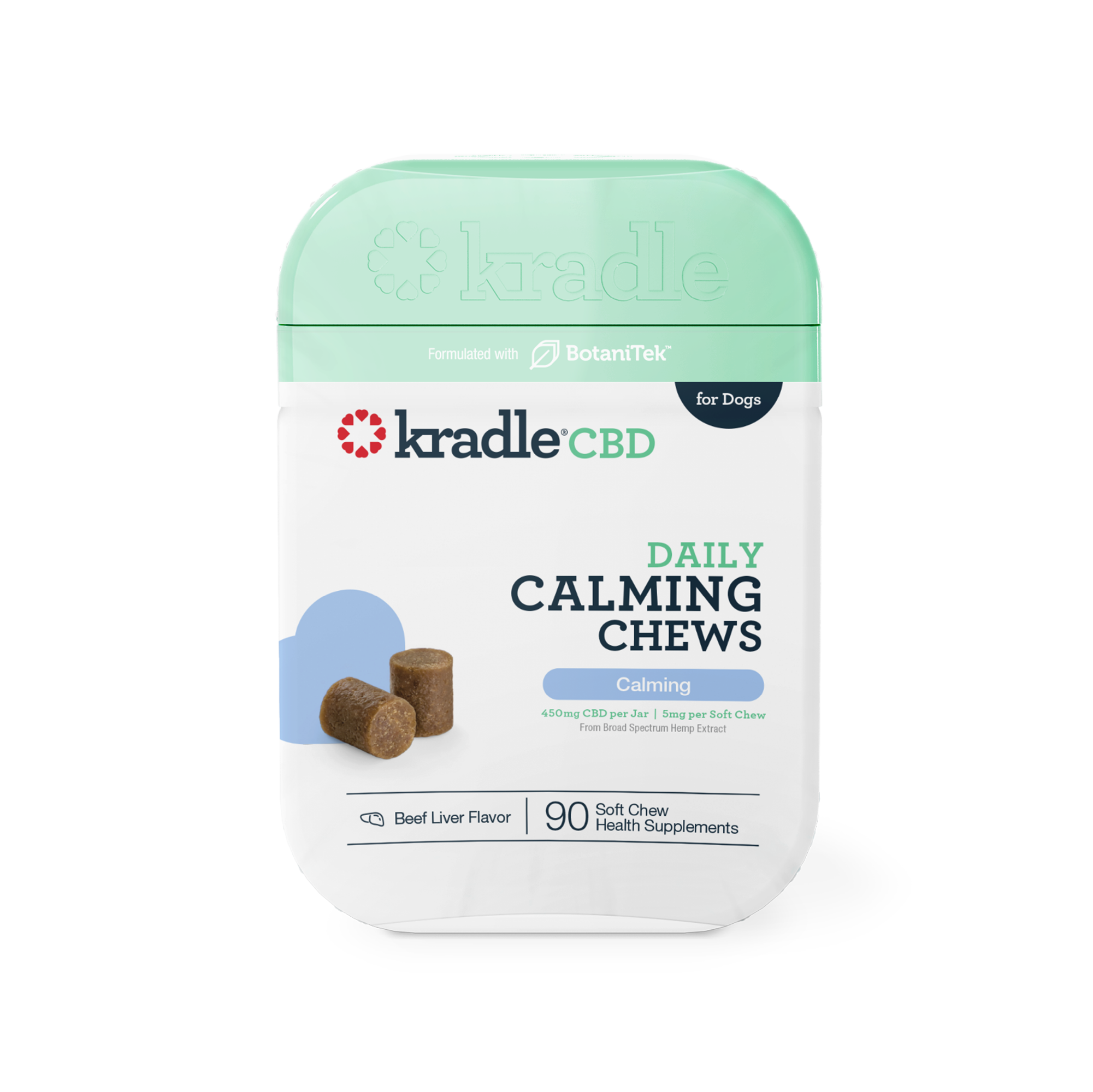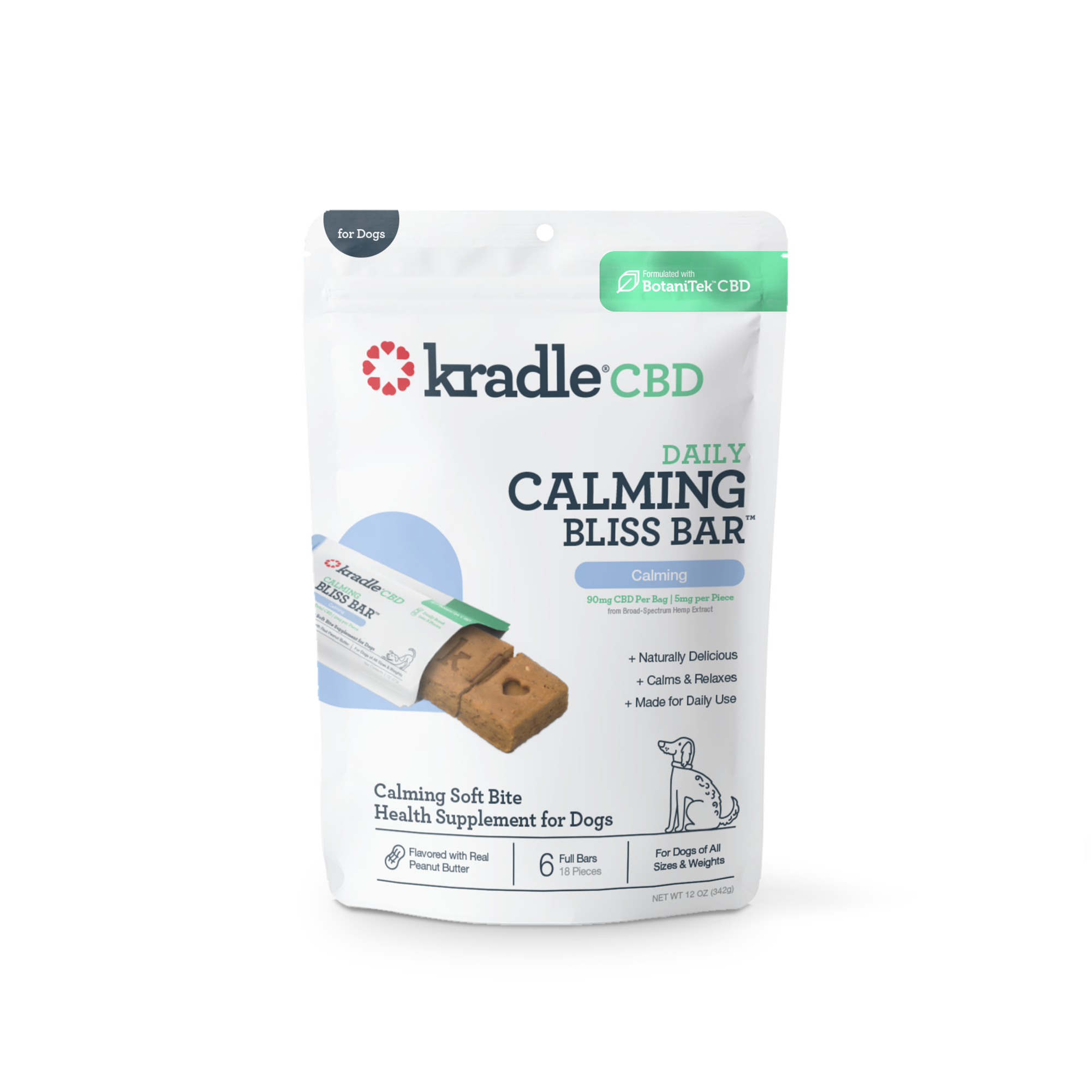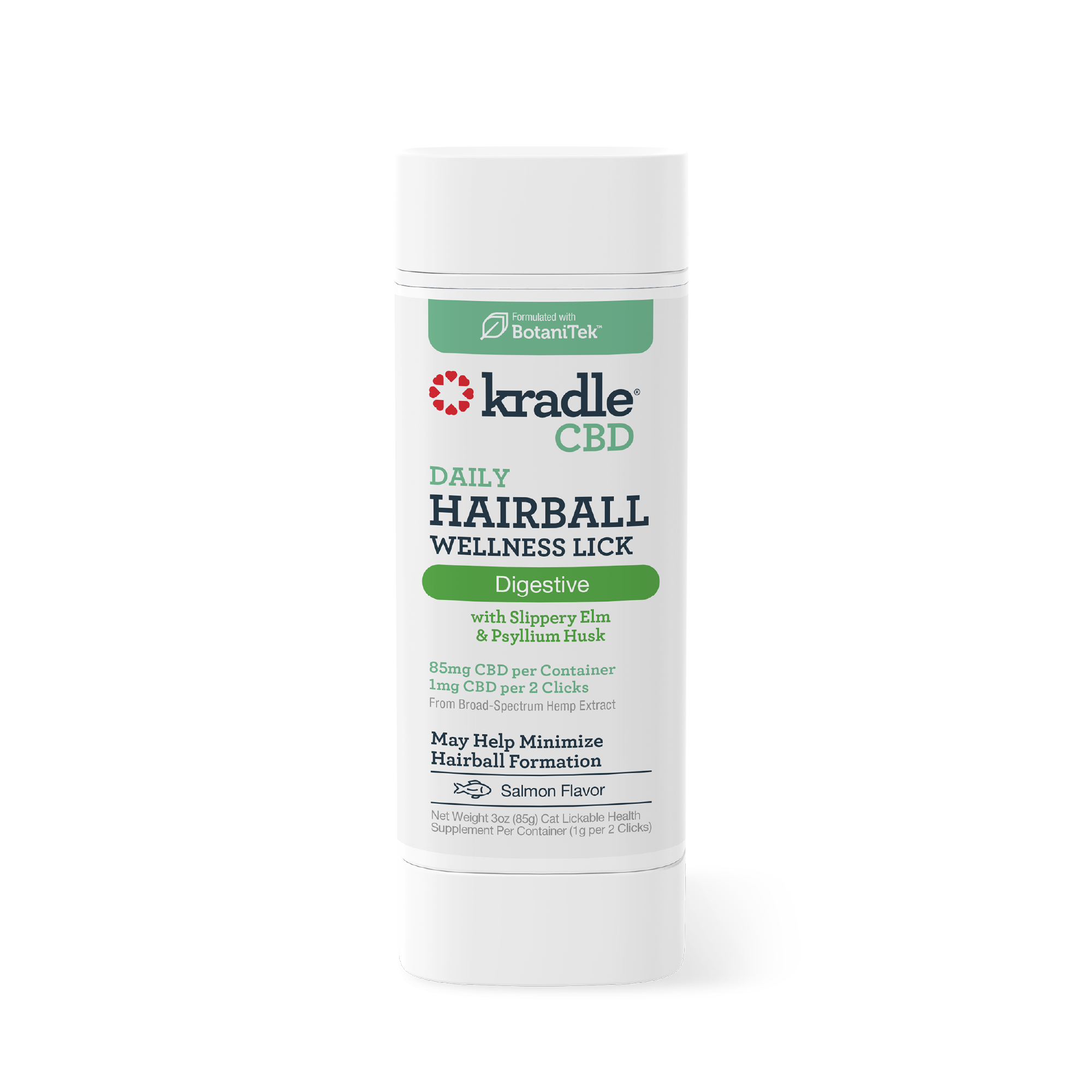Dogs bark—it’s just part of who they are. But when it starts happening all the time or gets really loud, it can wear you down fast. Some get worked up over people passing by, some hate being alone, and others won’t settle once things go quiet. If any of that hits home, there’s likely more going on than just noise.
There are real ways that help settle a dog down and lessen how often they bark. This guide offers gentle, practical methods for anyone wondering "how to stop my dog from barking?". The aim is to help you notice what your dog could be feeling and show you how to react in ways that bring calm. With the right attention, the energy in your home can shift again.
Try not to see barking as something bad your dog’s doing. It’s just the way they figured out how to manage things when everything feels too confusing or a bit too much. If you stop and picture the world from their point of view, your response naturally becomes softer, more patient. That quiet kind of understanding usually means more than any command ever will.
Why Dogs Bark Excessively
Some barking actually makes sense. It might signal someone at the door or your dog wanting to play. But if it keeps going, there’s probably a deeper reason that needs your care. Dogs don’t bark to annoy—they bark because they feel something and want to be heard.
Common Triggers for Barking
Dogs bark for all sorts of reasons. The sound and feeling behind each one usually mean something different. Once you start noticing those little changes, it can really affect how you choose to respond.
Alert/Alarm Barking
When your dog barks at noises or people outside, it’s often instinct kicking in. It feels serious to them. This can be hardwired into certain breeds more than others.
Attention-Seeking
Dogs sometimes bark just to get your focus. It could be for food, affection, or play. If barking worked before, they’ll do it again. It tends to stick if it keeps getting results.
Boredom or Loneliness
Dogs aren’t meant to be left on their own for long. If they’re not getting enough interaction, barking becomes a way of showing their frustration. Some breeds need more stimulation than others. Lack of activity can create tension that has to go somewhere, and barking becomes the outlet.
Fear or Anxiety
Unknown noises, strangers, or even certain movements may scare your dog. Barking at thunder, Halloween setups, or when you grab your keys is more about fear than defiance. They might even link certain sounds to past stress, which makes them more reactive.
Territorial or Protective Barking
If someone comes near their space, your dog may bark louder the closer they get. They’re trying to guard what feels like their territory. Even a friendly mail carrier might feel like a threat to them at that moment.
Compulsive Barking
There are cases where dogs bark without a clear trigger. If they won’t stop even when nothing’s going on, there could be deeper stress behind it. This behavior may need expert care. Leaving it unaddressed may turn the habit into a long-term cycle.
The Problem with Excessive Barking

Even if barking is natural, when it turns nonstop or piercing, it creates real trouble—especially when you’re stuck searching how to stop my dog from barking.
Stress for Owner and Dog
Constant barking raises tension on both sides. Your dog may feel unsettled, and it slowly wears on your nerves too. That kind of cycle is hard to live with for long. Over time, it can create frustration where calm used to be.
Complaints from Neighbors
When walls are thin or houses are close, barking spreads quickly. Neighbors might lose patience, and the tension can grow fast. Tackling it early helps prevent bigger issues later. A simple noise complaint can sometimes turn into major neighbor conflicts.
Proven Techniques to Reduce Dog Barking

Figuring out how to stop dog barking in the house is a good place to start. The steps that follow have worked well for many and can make a real difference.
Daily Exercise and Mental Stimulation
Dogs rely on both movement and mental tasks to feel settled. If they don’t get enough of either, all that energy often comes out through barking.
Physical activity: Walks, playtime in the yard, or a simple game of fetch can go a long way in releasing tension.
Mental challenges: Try puzzle feeders, hiding treats around the house, or switching up their toys to keep their brains busy.
Even a few consistent days of this routine can start to show results. Some dogs need just ten focused minutes to calm down afterward. It’s not about tiring them out completely—just shifting their focus to something healthier.
Positive Reinforcement Training
This approach works without punishment. It’s about rewarding the calm moments and showing your dog what works.
-
Reward quiet moments with praise or a treat.
-
Say a simple word like “quiet” when they settle, and offer a reward.
-
Ignore the barking when they’re looking for attention, and give love when they’re silent instead.
The timing of your reaction matters more than anything. Showing calm wins at just the right moment works faster than most corrections. That small window is where learning really sticks.
Remove or Manage Triggers
-
If the same sounds or sights cause trouble, try to limit how much your dog sees or hears them.
-
Block their view from busy windows if those lead to barking.
-
Play soft music or white noise to help cover up outside sounds that might bother them.
-
On loud days like holidays, set up a calm, cozy space where they can relax and feel more secure.
This method helps especially when you’re trying to figure out how to stop dog barking in seconds when everything outside gets loud.
Provide Comfort and Security
If your dog doesn’t feel steady, they may bark more. Creating familiar routines and cozy areas can really help calm them down.
-
Stick to regular times for feeding, walks, and rest so your dog knows what to expect.
-
Leave behind something that smells like you—like an old shirt—to offer comfort while you’re gone.
-
Give a small treat before leaving to help them associate your exit with something positive.
These simple habits can really ease stress, especially if you’re trying to figure out “how to stop my dog barking when I leave?”.
Natural Calming Products That Help
Besides routine and guidance, there are soft, supportive tools that can really help when dogs feel anxious or overwhelmed.
Pheromone Diffusers & Sprays
These products release scents like the ones mother dogs use to soothe puppies. They’re great during moves, parties, or major changes.
Calming Supplements
Some supplements ease tension from the inside. Kradle offers several useful options for dogs who struggle when the world around them gets too much.
CBD calming chews for dogs are easy to give and helpful during car rides or busy evenings.
If you’re about to head to the vet, CBD Calming Bliss bar works well and isn’t messy.
For sudden noise, CBD Quick Calm Melts help fast during fireworks or storms.
When your dog likes chewing for a while, CBD Chillers Hard Chews give them something to do and help settle nerves, too.
If your dog has started pacing or barking a lot more, these can help before things get worse. Tools like these are best used with other daily supports—it all works better when done together.
CBD Oil & Treats
Many people turn to CBD oil and treats. Just make sure they’re made for dogs, and stick to the instructions.
CBD pet products work best when used as part of a wider plan that includes routines and positive guidance. It helps a lot when the signs of pet stress start showing.
When to Seek Professional Help
There are times when home strategies don’t seem to be enough. There’s no shame in that; outside help can be life-changing.
-
A vet might uncover a medical reason behind the barking.
-
A certified trainer can bring structure and teach better habits.
-
Animal behaviorists offer deep, custom plans for stronger anxiety.
Getting support early can protect your dog’s emotional health and keep things from getting worse. And sometimes, having guidance also gives you peace of mind.
Final Tips for a Quieter, Happier Dog
Calm doesn’t come from making your dog stay silent. It comes from noticing what they’re trying to communicate and showing them they’re safe enough to stop on their own.
-
Stick with routines—it helps build trust.
-
Avoid raising your voice—it adds to the stress.
-
Show praise when they’re calm, even if it seems small.
-
Watch their body for signs—they’ll tell you a lot through that.
When you guide them gently and hold steady lines, barking gets easier to manage. Your dog isn’t broken—they’re trying to cope. They just need your help learning a better way to respond.
FAQs
How do I stop my dog from barking as much at night?
Make sure they’ve had enough movement during the day and rest in a quiet, safe area. Giving a CBD calming chew before bed and playing soft background sounds can help settle them down.
How do you stop a dog barking ASAP?
Offer a distraction, like their favorite toy or a treat, and say “quiet” with a firm but calm tone. CBD Quick Calm Melts can help during sudden stressful moments.
Is excessive barking harmful to dogs?
Yes, it can wear on their throat and build up their stress over time. In certain cases, it can even make emotional issues harder to manage. Addressing it sooner can ease things for both you and your dog.
How do I get my dog to stop barking at literally everything?
Watch closely to see what starts the barking. Praise quiet moments, offer rewards, and use CBD Chillers Hard Chews to ease their restlessness.
Do dogs get tired of barking?
Some might slow down eventually, but anxious dogs could keep going. The key is to find what’s making them uneasy and deal with that first.









